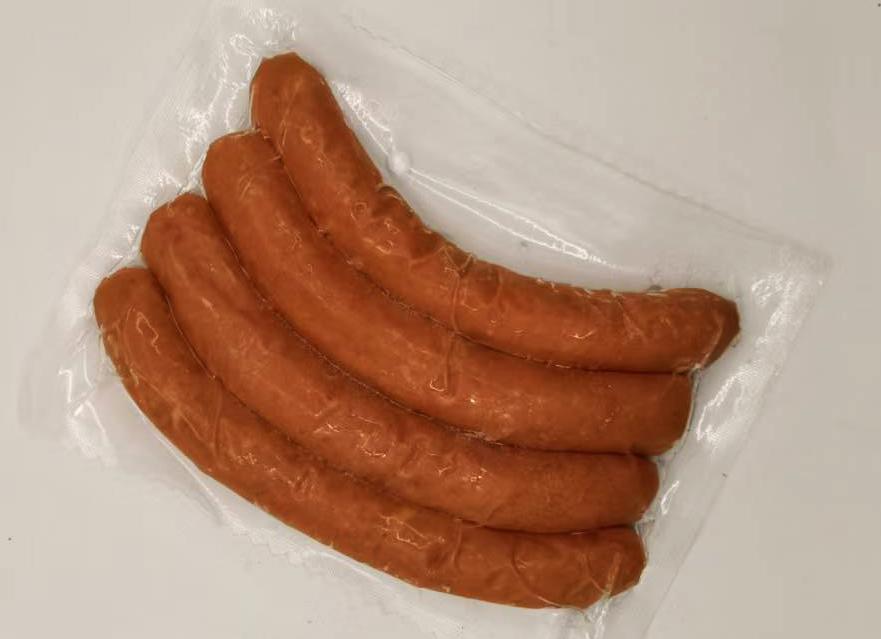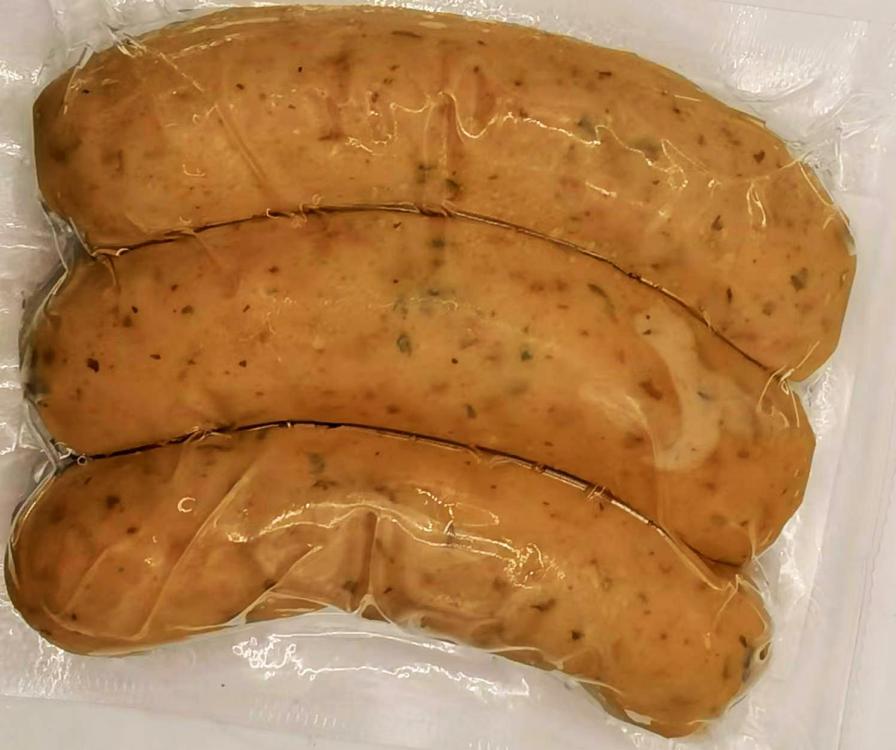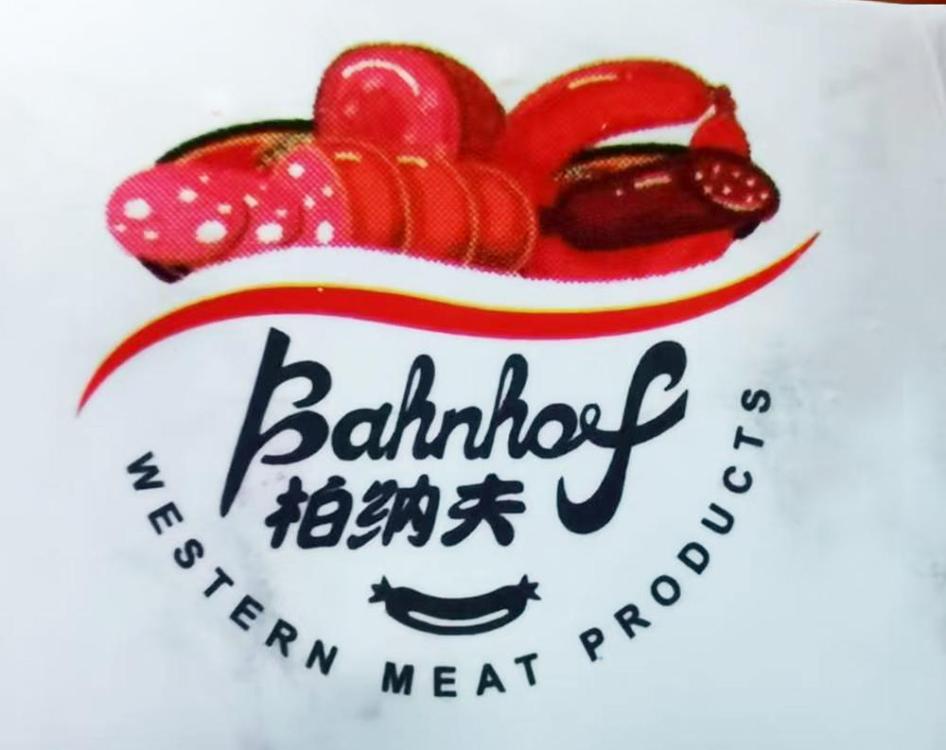It’s international sausage day! Says who? Well, me. It might not be international internationally but it is here in my apartment.
As you know. China has sausages which you probably know as lap cheong, but few people in China do. They are 腊肠 (là cháng) to 96% of Chinese people. That literally means ‘preserved intestines’ and applies to all sausages no matter what type they are or which passport they carry.
Now, I don’t really like 96% of the Chinese variety, but they are all I can usually get – usually too fatty and horribly sweet. In fact the only ones I regularly buy are blood sausages, which I DO like.
So, I was delighted a few days ago to discover an outfit offering me this selection of “international sausages”. Well, they actually offered me what they described as German sausages, but they lied.
What they offered me was:

Debrecener
280g of 德布勒森肠 (dé bù lè sēn cháng) which means Debrecener sausage which originates in the city of the same name in eastern Hungary but popular around the former Austro-Hungarian Empire; then
Mexican
240g of 墨西哥肠 (mò xī gē cháng), Mexican sausage which I’m going to guess is popular around Mexico; followed by

Piquillo sausage
330g of 皮丘乐辣肠 (pí qiū lè là cháng), Piquillo sausage which are named after the piquillo chilli, a Spanish cultivar popular around Spain; and finally,
Bierbiser
240g of 风干啤酒肠 (fēng gān pí jiǔ cháng) meaning Air-Dried Beer sausages but labelled as Bierbiser, the German for Beer Drinker. They may be German but could be from anywhere that has air and beer.
All delivered to my door for ¥177.33 which is equal to $24.93 USD. Of course, I ordered them. They arrived today.
On closer examination, it turns out that they are all made by a company using the suitably German brand name Bahnhof, meaning Railway Station, whose factory is in Guangdong, southern China. Very international.
I’ll have fun playing with them over the next few days or weeks.









